Drone Shot Down Near Iraqi Airport Hosting US Troops: Security Forces
- 03/07/2025
- 5 comments
- 36
- 125
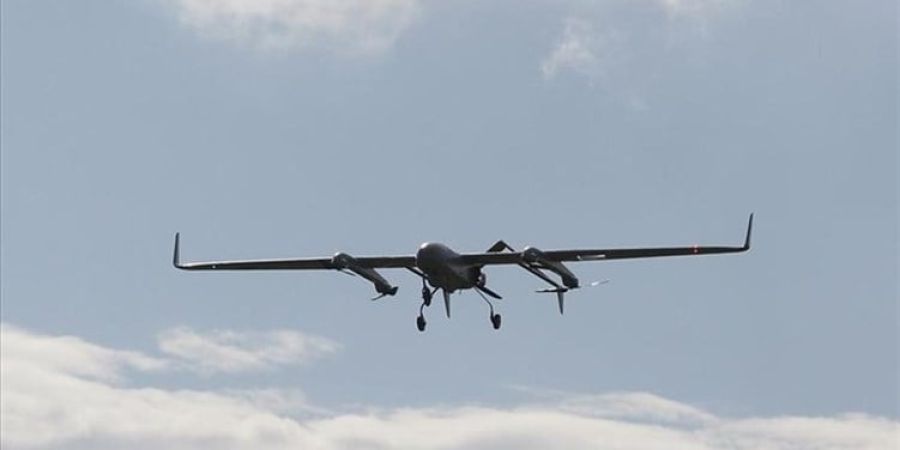

This is Beirut 03/07 20:55

This is Beirut 03/07 20:20

This is Beirut 03/07 12:15

This is Beirut 03/07 10:35

Salam El Zaatari 03/07 10:00

This is Beirut 03/07 23:55
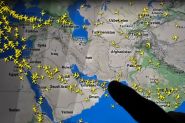
This is Beirut 03/07 22:55

This is Beirut 03/07 20:50

This is Beirut 03/07 17:50

This is Beirut 03/07 16:55
Lyne Sammouri 03/07 14:20
Lyne Sammouri 02/07 18:30
This is Beirut 02/07 17:55
This is Beirut 02/07 16:50

Liliane Mokbel 03/07 16:25

Christiane Tager 02/07 19:40

This is Beirut 02/07 17:05

Liliane Mokbel 02/07 10:00

This is Beirut 01/07 18:15

This is Beirut 03/07 23:00
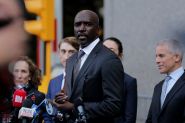
This is Beirut 03/07 10:50

David Sahyoun 02/07 18:00

This is Beirut 02/07 14:00

This is Beirut 02/07 10:30
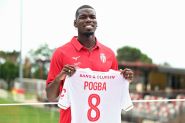
This is Beirut 03/07 17:35

This is Beirut 03/07 12:55

This is Beirut 03/07 08:55

This is Beirut 02/07 19:00

This is Beirut 02/07 18:00

Makram Haddad 03/07 22:00

Bélinda Ibrahim 03/07 14:00

Bélinda Ibrahim 02/07 18:00

This is Beirut 02/07 10:20

This is Beirut 02/07 10:10
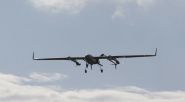
par Ici Beyrouth, 03/07 23:55

par Ici Beyrouth, 03/07 22:50

par Ici Beyrouth, 03/07 22:50

par Makram Haddad, 03/07 22:00

par Ici Beyrouth, 03/07 21:45